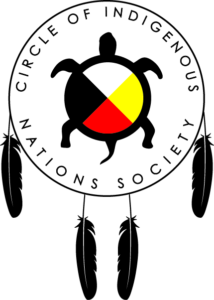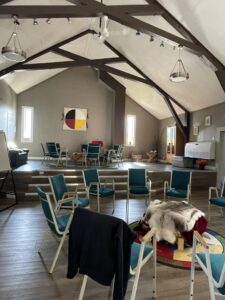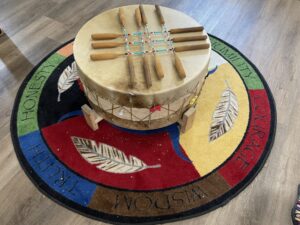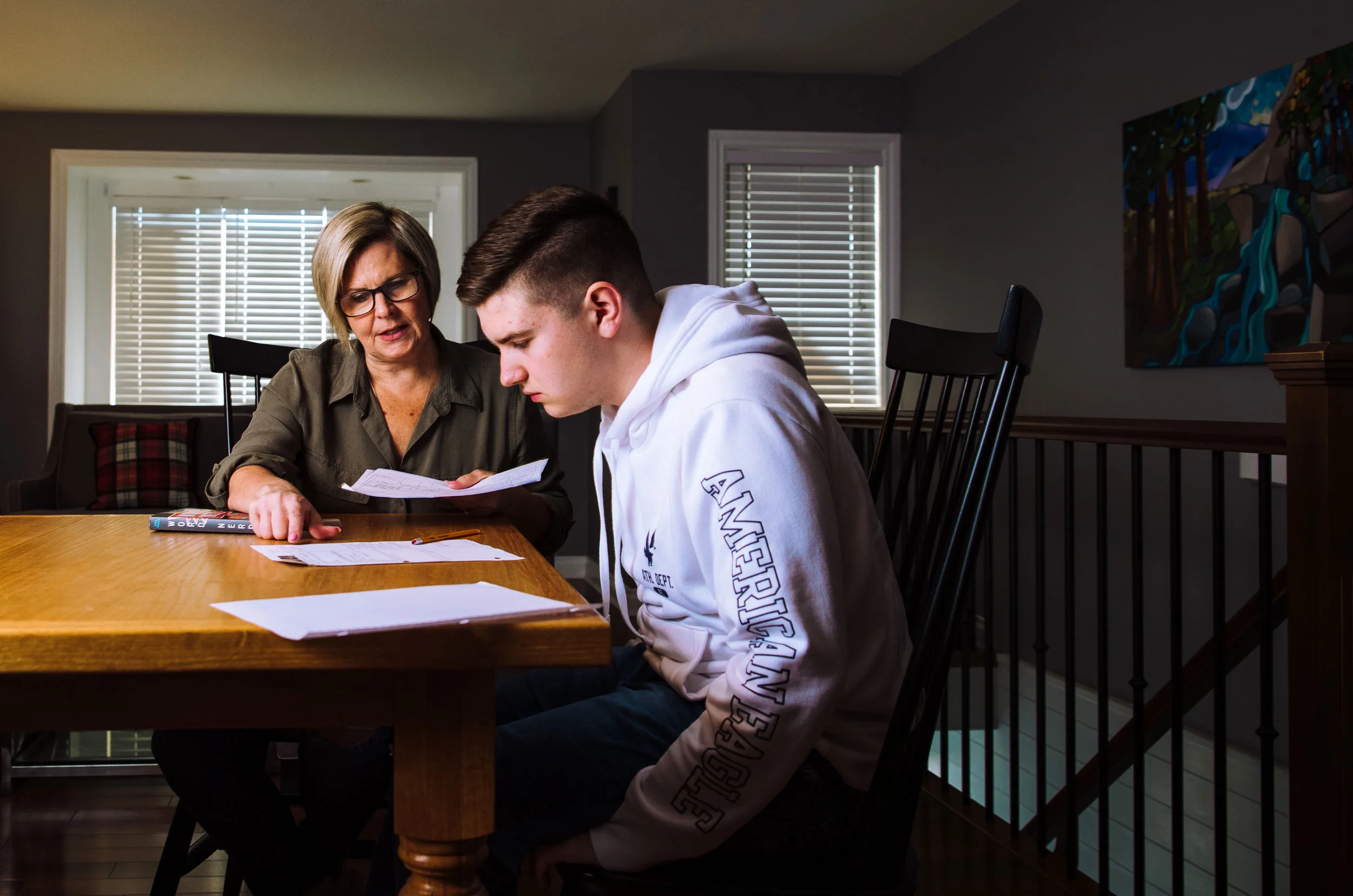
On Saturday, June 17, our Community-Led Collaboration Project partner, Circle of Indigenous Nations Society (COINS), welcomed families into a Talking Circle to share their experiences and hopes for a better network of services and supports for children and youth with disabilities or support needs in Castlegar and the surrounding areas. COINS is an Aboriginal non-profit society that provides cultural support, services, and resources for Aboriginal people in the West Kootenay Boundary region. They “focus on supporting Indigenous people to lead healthy, self-determining, proud and vibrant lives.” – COINS
As part of the Castlegar Local Engagement Team that designed and hosted Conversations in Castlegar, COINS created a safe, inclusive, and welcoming place for families to gather and share their experiences and emotions.
In previous issues of Inclusion in Action, we outlined how the Community-Led Collaboration Project thoughtfully builds new partnerships in communities across our province. This month, we are spotlighting our partnership with COINS.
 Kris Salikin, the Executive Director of COINS, brings deep knowledge and expertise to our Castlegar team. She ensures we plan community conversations in ways that are welcoming and safe for Indigenous families, and we have learned so much from her. Kris has taught us that families feel safer when gathered in a circle following ceremonial and traditional ways of connecting. We’ve also learned that we, the project team, are not always the safest people to be at the front of a room guiding conversations. Building trust takes time, and so, in many situations, facilitators need to be people who families already know and trust.
Kris Salikin, the Executive Director of COINS, brings deep knowledge and expertise to our Castlegar team. She ensures we plan community conversations in ways that are welcoming and safe for Indigenous families, and we have learned so much from her. Kris has taught us that families feel safer when gathered in a circle following ceremonial and traditional ways of connecting. We’ve also learned that we, the project team, are not always the safest people to be at the front of a room guiding conversations. Building trust takes time, and so, in many situations, facilitators need to be people who families already know and trust.
 At the June Talking Circle ceremony in Castlegar, all families were welcome to attend. Participants were guided through a ceremony to start the circle. What followed was a beautiful gathering in which each person was invited to share their truth, challenges, triumphs, and hopes for the future of children and youth with disabilities or support needs and their families. Our team was grateful to everyone who shared their stories. We will honour these stories by bringing them forward as we build a community report and work towards informing the transformation of services for children and youth in British Columbia.
At the June Talking Circle ceremony in Castlegar, all families were welcome to attend. Participants were guided through a ceremony to start the circle. What followed was a beautiful gathering in which each person was invited to share their truth, challenges, triumphs, and hopes for the future of children and youth with disabilities or support needs and their families. Our team was grateful to everyone who shared their stories. We will honour these stories by bringing them forward as we build a community report and work towards informing the transformation of services for children and youth in British Columbia.
Reconciliation and Decolonizing are core values of the Community-Led Collaboration project. We are constantly checking our plans and actions against the project’s guiding principles and ensuring that everyone has choice and control over the supports and services they need to flourish in community. We feel humbled and deeply grateful for Kris and her team’s leadership for guiding us in transforming the way we gather and listen to one another.
For our team, we’ve been incredibly moved to experience the power of coming together in a circle where we are all equal, we all see each other, and can share our truths in a safe and respectful space.
Read more about our project here and see where we’re planning to visit next.
Do you enjoy real-life stories about inclusion? This article was featured in the latest edition of our monthly newsletter, Inclusion in Action. Subscribe today to receive regular updates with stories like this.


